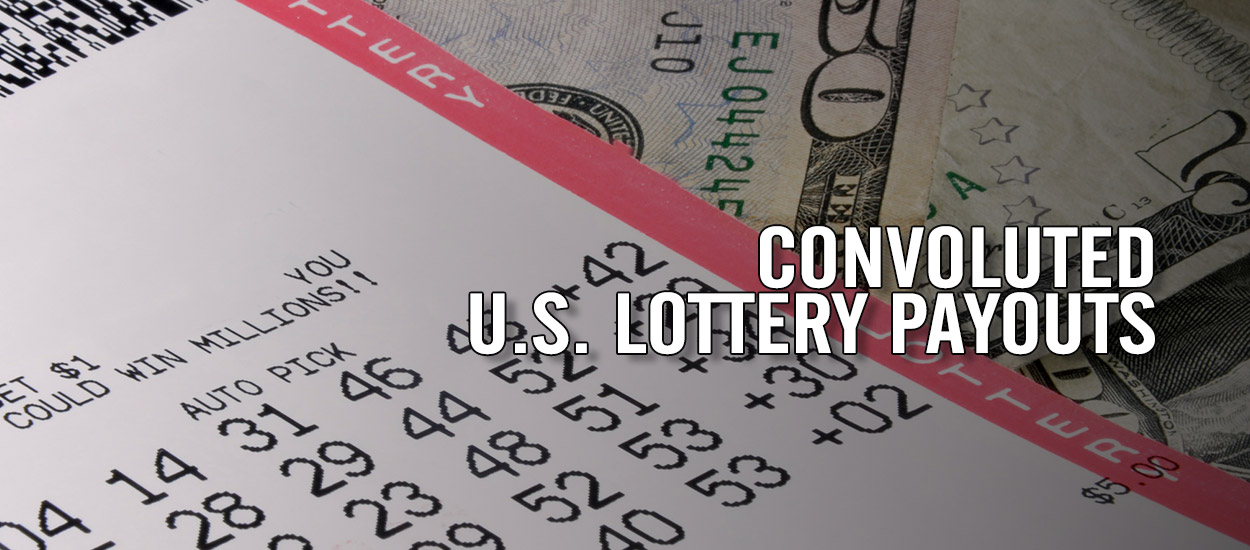Three weeks ago, FanDuel Sportsbook’s erroneous offering in the late stages of a Broncos-Raiders game led to a handful of sharp-eyed fans pouncing before the ridiculously favorable 750/1 odds were fixed. FanDuel’s initial refusal to pay up — most notably to one bettor at the Meadowlands Racetrack claiming to be owed $82,000 — made national news, as did the subsequent reversal a few days later.
The news cycle surrounding that incident continued to churn this week, when New Jersey Division of Gaming Enforcement Director David Rebuck responded to NJ Online Gambling‘s query during a Global Gaming Expo panel discussion in Las Vegas on Tuesday about what’s next in U.S. sports betting expansion.
We were curious about the extent to which state regulations would give Rebuck the authority to refuse to allow certain “last second” live bets. What we got was a mea culpa from Rebuck — and a shot across the bow that all foreign-based sports betting providers need to mull over.
The Jersey hiccup
Rebuck, speaking on a panel titled, “How States and Tribes Are Preparing for Legal Sports Betting,” called the FanDuel incident “definitely a bad hiccup for the state of New Jersey.” He explained that a total of 12 bettors exploited the mistaken line — the much-publicized track bettor, Anthony Prince, plus 11 more on the FanDuel Sportsbook website.
“As we looked further into it, we were first concerned if there was a conspiracy — a criminal action, some type of insider attempt to defraud the company,” Rebuck said. “The more we sliced into that, we recognized that, no, this was just a bad mistake because the internal controls did not work the way they were supposed to.
“So we had a very heart-to-heart discussion with FanDuel/Paddy Power/Betfair representatives that maybe we made a mistake. Maybe we approved internal controls, safeguards, to prevent this from happening that were not strong enough. After further heart-to-heart discussions on actions to be taken both with regard to the event itself and future actions, we came to a strong consensus. All patrons were paid in full.
“Behind the scenes, within a 48-hour window there were substantially added controls to reduce the risk of human error having the type of consequences it had in this event. We are partners with [FanDuel] in many ways, and maybe it was our fault that it happened. So I will take responsibility, as head of the division, that this should never happen.”
Attention, Europe: “no safe haven” in New Jersey
Rebuck pivoted from the FanDuel incident to what he sees as a silver lining of the gaffe.
“One thing we did do is we ended forever the European understanding that we have this ‘safe haven’ for mistakes they make,” Rebuck said. “In the U.S., our laws are different. We offer protections that are stronger for customers and consumers. There is no safe haven for companies that make mistakes, whether negligence or gross negligence — and there [are]consequences to that.
“There will be times when we possibly come down on the side of an operator for a mistake that they made that would have significant consequences should we not, if others may be taking advantage of them,” Rebuck added. “But I think that all operators now understand, including those from Europe, that there is no safe haven like in the [United Kingdom]. There are consequences in the U.S., so you’d better be better at what you’re doing, re-look at your internal controls, reduce your risk. And consider what your standards are for how are you going to keep this under control, so you don’t end up having a 750-to-1 wager on something that was an 18-second error that your supervisor failed to catch.”
The bottom line: Rebuck will step in against attempted fraud. But operator error? For the most part, no.
Rebuck calls out “fear mongering”
Earlier, Rebuck was asked about a recent Congressional hearing on possible federal involvement in sports betting where more than one critic suggested that states already were engaged in a “race to the bottom.”
“It’s complete nonsense — fear mongering at its worst,” said Rebuck. “We’re law enforcement officers and regulators. We do not ‘race to the bottom.’ We have taken a broken system in the United States, which is at the abyss, and states are now being looked at to step in and take immediate corrective actions.
“There is an extremely naive understanding of the United States market today,” Rebuck added, saying it would take anyone in any state about “two seconds” to open their cell phone and find illegal sports betting options in unregulated states. “The illegal market is massive, and it has been for a long time.”
Integrity fees on last legs?
In June, New Jersey Assemblyman Ralph Caputo openly mocked efforts by officials from the NBA, MLB, and PGA Tour to receive an “integrity fee” — a small sliver of the handle, or total amount bet, within the state. None of the eight states moving forward on sports betting has agreed to the concept.
Rebuck said Tuesday, “I believe the integrity fee issue is losing steam. It was a bad marketing effort on [the part of the leagues]to confuse people. Now it’s ‘official data’ as the red herring being thrown out to cause extreme confusion to operators and legislators.
“The best way I can put it is … in a retail setting, the use of official data, for traditional sports betting, has no value. None. No value at all.”
Rebuck said that is because the outcome of the wager is obvious to all who watch the contest.
“To force a mandate that [official data]has to be purchased in order to take a wager on an event — that’s an overreach,” he said. “This broad mandate that all have to buy in is very unreasonable and inconsistent with how business works in the United States.”
Finally, Rebuck elaborated on why he said the fees were “losing steam” rather than “dead.” Always remember, Rebuck said, that pro sports franchises are owned by billionaires; he warned other states of what might lie ahead.
“These are some of the wealthiest and most successful private businessmen in the world,” he noted. “They have tremendous influence and power, and direct access — if they want to — to leadership in your state government. They have very powerful advocates.”
This article is a reprint from NJOnlineGambling.com. To view the original story and comment, click here.







































